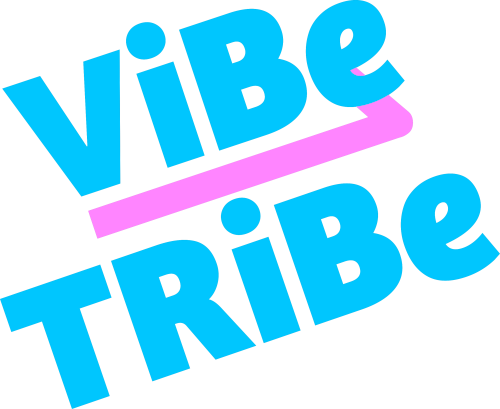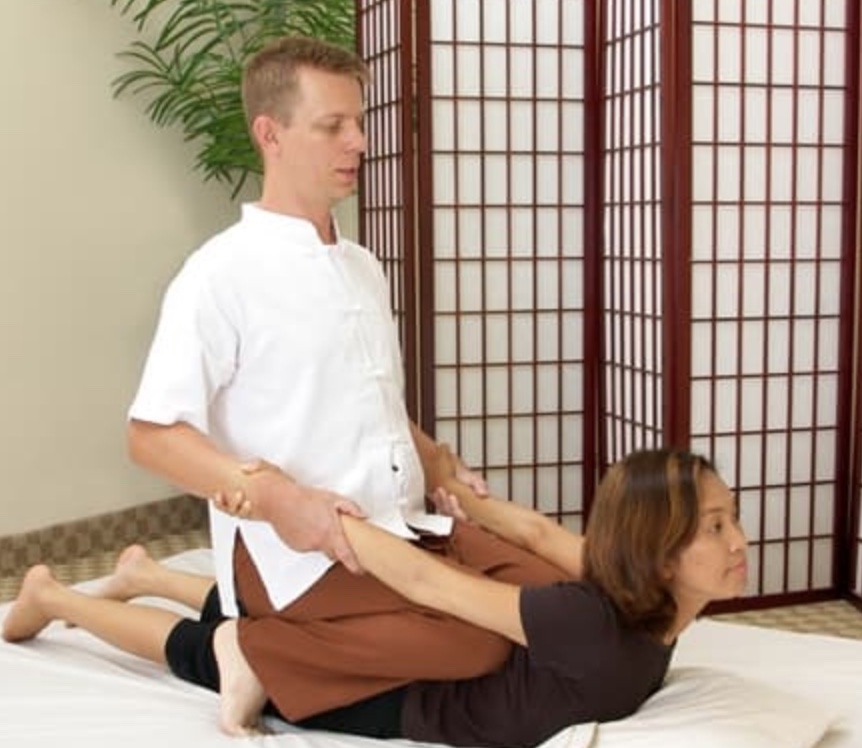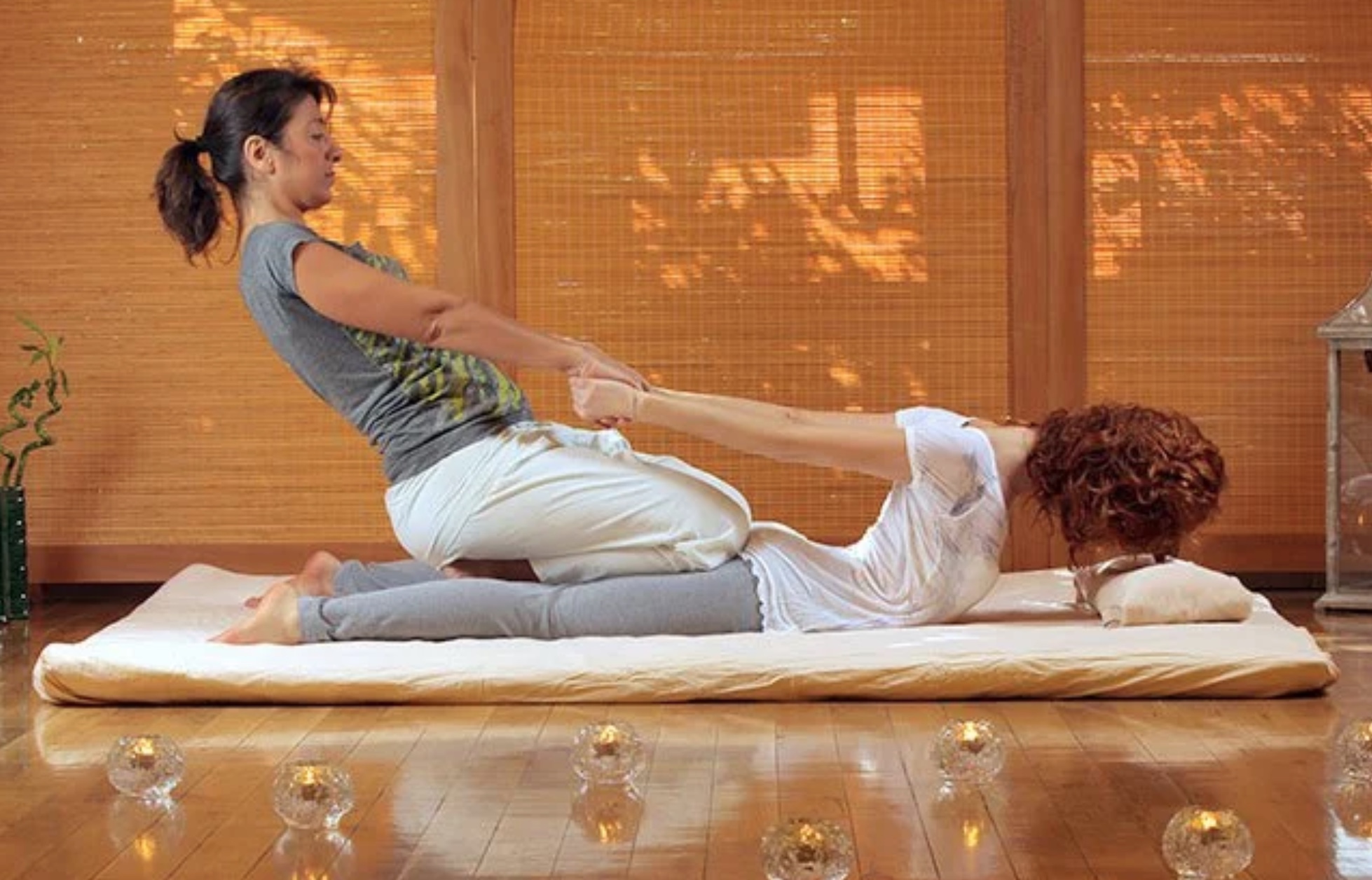In today’s world of increasing stress and overstimulation, people are turning more and more to ancient healing modalities that address the whole person—mind, body, and spirit. One such powerful modality is Thai massage. Known in Thailand as Nuad Boran, Thai massage blends acupressure, assisted yoga, and energy line work to restore balance and vitality. It is both an art and a science, deeply rooted in Buddhist philosophy and Ayurvedic principles.
Whether you’re looking to reduce chronic tension, enhance flexibility, or simply explore a deeper connection with your body, Thai massage offers a transformative experience. And today, workshops across the world—including on Vibetribe—are making this ancient practice more accessible than ever.
Historical Origins of Thai Massage
The roots of Thai massage date back over 2,500 years. It is said to have been developed by Shivago Komarpaj, a physician and contemporary of the Buddha. Shivago is still revered in Thailand as the “father of medicine,” and many traditional Thai massage sessions begin with a chant or invocation in his honor.
Influenced by traditional Chinese medicine and Indian Ayurveda, Thai massage was passed down through monastic Buddhist traditions. For centuries, it was practiced in temples as a form of spiritual healing. The famous Wat Pho temple in Bangkok is still considered the central hub for Thai massage training.
Unlike Western massage, which primarily focuses on muscle tissue, Thai massage targets the body’s energy lines—or Sen lines—similar to the meridians in acupuncture or nadis in yoga. These pathways are believed to carry life force energy or prana, and by pressing, stretching, and moving along these lines, practitioners release blockages and restore energetic flow.
What Makes Thai Massage Unique?
Thai massage is often referred to as “lazy man’s yoga” for good reason. It’s done fully clothed on a padded mat on the floor, and the practitioner uses not just hands, but also elbows, knees, and even feet to move and stretch the recipient into various yoga-like postures.
Sessions can range from deeply relaxing to highly invigorating, depending on your body’s needs. A typical treatment involves:
- Rhythmic compression along the energy lines
- Gentle stretching to increase mobility and release tension
- Acupressure on key points to stimulate energy flow
- Breath awareness and meditative pacing
This holistic approach not only improves physical flexibility and reduces muscular pain, but also has profound effects on the nervous system and emotional well-being.
Scientific Studies Supporting Thai Massage
In recent years, research has begun to catch up with what traditional practitioners have known for millennia. Several studies highlight the therapeutic benefits of Thai massage:
- A 2015 study published in the Journal of Bodywork and Movement Therapies found that Thai massage significantly reduced lower back pain in chronic sufferers after just four weeks of weekly sessions.
- Another study in the Journal of Alternative and Complementary Medicine (2009) showed that Thai massage improved heart rate variability, a key marker for stress resilience and autonomic nervous system health.
- In a 2020 review, researchers found that Thai massage also helped improve range of motion, reduce anxiety, and elevate mood in patients recovering from physical injury or emotional trauma.
Thai massage activates the parasympathetic nervous system—the “rest and digest” mode—promoting deep relaxation and lowering cortisol levels, making it an ideal practice for wellness seekers.
Spiritual and Energetic Dimensions
While the physical benefits are compelling, Thai massage goes far deeper. As a spiritual practice, it draws from Buddhist teachings on mindfulness and loving-kindness (Metta). Every movement is intentional, guided by compassion and presence.
In the words of one traditional Thai healer: “Massage is not just a physical therapy. It is an act of love.” The energetic exchange between giver and receiver creates a sacred space for healing to occur—not just physically, but also emotionally and spiritually.
This is why many Thai massage practitioners refer to their work as a meditation in motion. It’s not uncommon for both parties to emerge from a session feeling more centered, lighter, and deeply connected—to themselves and to life itself.
Modern-Day Practice and Global Appeal
Thai massage has now spread across the globe, with practitioners and enthusiasts adapting it for contemporary contexts—from boutique spas to mind, body, spirit festivals to trauma-informed therapy settings.
Modern Thai massage incorporates various influences, including osteopathy, myofascial release, and even chiropractic principles. But the heart of the practice—its rhythmic, flowing, sacred essence—remains unchanged.
Today, you can find an ever-growing number of Thai massage workshops and trainings designed for all levels, from beginners to advanced practitioners. These events often combine hands-on techniques with teachings in mindfulness, anatomy, and traditional Thai healing philosophy.
What to Expect at a Thai Massage Workshop
If you’re curious to experience Thai massage yourself, joining a workshop can be a beautiful gateway. Here’s what you might encounter:
- Guided instruction on safe, effective massage techniques
- Partnered practice with real-time feedback
- Discussion of Sen energy lines and basic Thai anatomy
- Mindfulness, meditation, or breathwork to enhance the practice
- A warm, community-driven atmosphere with like-hearted people
Many Thai massage workshops are held in beautiful natural settings, designed to foster deep connection, healing, and presence. They offer a sanctuary from the noise of daily life, allowing you to ground into your body and reconnect with a sense of inner peace.
More Than a Massage: A Path to Presence
At its core, Thai massage is not just a technique—it’s a philosophy. It reminds us that touch can be sacred, that healing is a partnership, and that we are all capable of tuning into something deeper than the mind alone. In an age where disconnection and burnout are all too common, Thai massage calls us home—to the body, to the breath, and to the present moment.
For anyone on a mind, body, spirit path, exploring this tradition offers a profound opportunity for embodiment, restoration, and growth.
If you're ready to experience this first-hand, check out our Thai massage workshops to find something near you. Whether you're drawn to give, receive, or simply explore, this ancient practice has something beautiful to offer.


